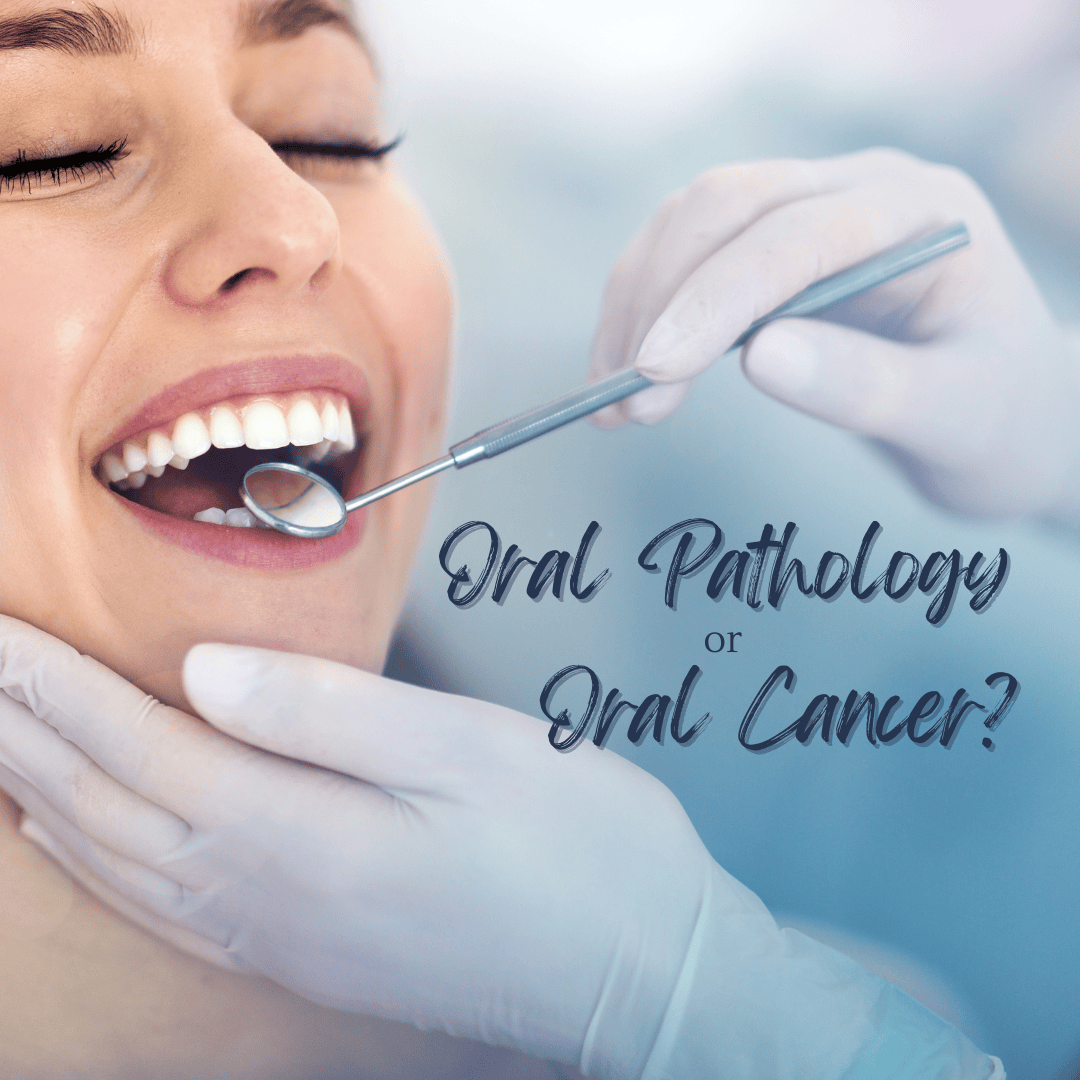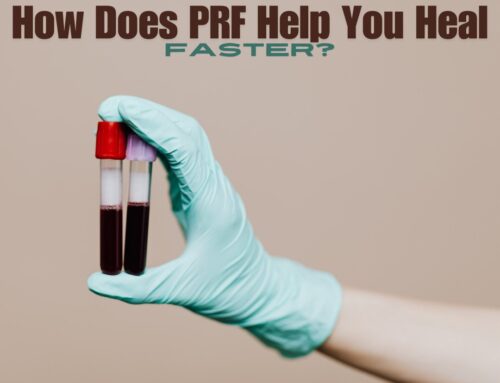When visiting a dentist or doing an oral examination, the discovery of a cyst or sore can be upsetting. If this happens to you, make an appointment with an Oral and Maxillofacial surgeon. Not all oral pathologies are cancerous, but a surgeon will be able to walk you through your next steps. If left untreated, some noncancerous pathologies can become cancerous down the road, or cause other oral health issues.
Oral Pathology
A pathology itself is the study of diseases and their causes. Oral Pathology is the branch of dentistry that deals with the study, diagnosis and management of diseases and conditions affecting the mouth and surrounding oral structures. This can include a wide range of conditions, including oral cancers, infectious diseases, autoimmune disorders, developmental abnormalities, and other conditions that might affect the oral cavity, jaws, salivary glands, or other related structures.
Oral pathology diagnoses and plans treatment for these conditions using different techniques such as biopsies, imaging studies, and laboratory tests.
Pathologies can also be discovered by doing a self-exam and looking for symptoms of oral cancer. Visit Here to see possible symptoms of oral cancer.
While many pathologies can be benign, they can still increase the risk of cancer when going untreated.
Oral Cancer
While certain oral pathologies can be precursors to cancer, you cannot rely on a diagnosis without a biopsy of the tissue. When discovering an abnormality or symptom of pathology, this is always your first step. Steps for a biopsy include numbing the area, removing a small piece of tissue and sending it to a lab to be tested. A specialist will use a microscope to examine the tissue for any signs of cancer cells.
There are 5 main types of oral cancers. These can all develop in various forms, affecting different parts of the mouth and oral cavity (inside the mouth or cancers of the lips). Each type of cancer is also named for the location it gets found in.
- Oral and oropharyngeal cancer
- Laryngeal and hypopharyngeal cancer
- Nasal cavity and paranasal sinus cancer
- Nasopharyngeal cancer
- Salivary gland cancer
To prevent issues with oral pathology or cancer, please keep an eye out for any symptoms you may develop. If you have any suspicious, please see an OMS as soon as you can. Get regular dental cleaning so your Dentist is able to keep an eye out for you as well.
To make a pathology appointment please visit our Contact Us page.






